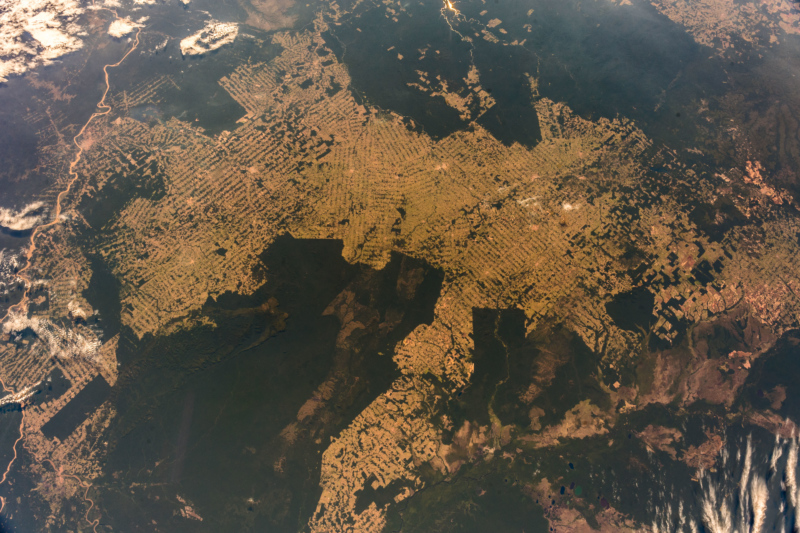Bolivia & the Global Fight Against Climate Change
In the past year, the Bolivian government has emerged as an outspoken critic of climate change policies.
This post is also available in: Español
Throughout the Amazon region, human activities like agricultural production, infrastructure development and logging are leading to alarming levels of deforestation. After impressive advances like the tripling of protected areas in Colombia, we are now seeing backsliding or insufficient improvement throughout the basin. Policies that are sound on paper often succumb to the combination of weak institutions and inadequate enforcement coupled with powerful economic forces, both legal and illegal, driving activities that destroy forests.
The Amazon rain forest plays a critical role as a carbon sink, mediator of the global water cycle and cradle of biodiversity. Massive loss of the Amazon rain forest would spell catastrophe not just for the 30 million people living in the basin but also for the world. Half of the world’s tropical forests are in the Amazon, and yet deforestation produces 8 percent of net global emissions, more than the entire European Union. Scientists warn that we may be close to a “tipping point” — a degree of deforestation at which the Amazon basin will no longer be able to generate its own rainfall by recycling moisture and thus cease to support rain forest ecosystems. According to a 2018 study by the World Wildlife Fund, as much as half of wildlife in the world’s richest forests, like the Amazon, could be at risk of extinction in the next century.
Countries in the Amazon are falling behind on their targets to cut deforestation. Effective conservation policies have proved successful, but enforcement is lacking. We must quickly reverse current trends and ensure that economic development is not at odds with conservation to avoid reaching the tipping point.
[...]
In the past year, the Bolivian government has emerged as an outspoken critic of climate change policies.
As global temperatures continue to rise with the global community stalled on any way to stop them, countries must prepare to adapt to increasingly volatile environmental conditions.
Colombia is in the midst of a mining boom. The challenge for President Santos is to capitalize on the sector’s promise.
 Alexander Gerst / Flickr / CC BY 2.0
Alexander Gerst / Flickr / CC BY 2.0